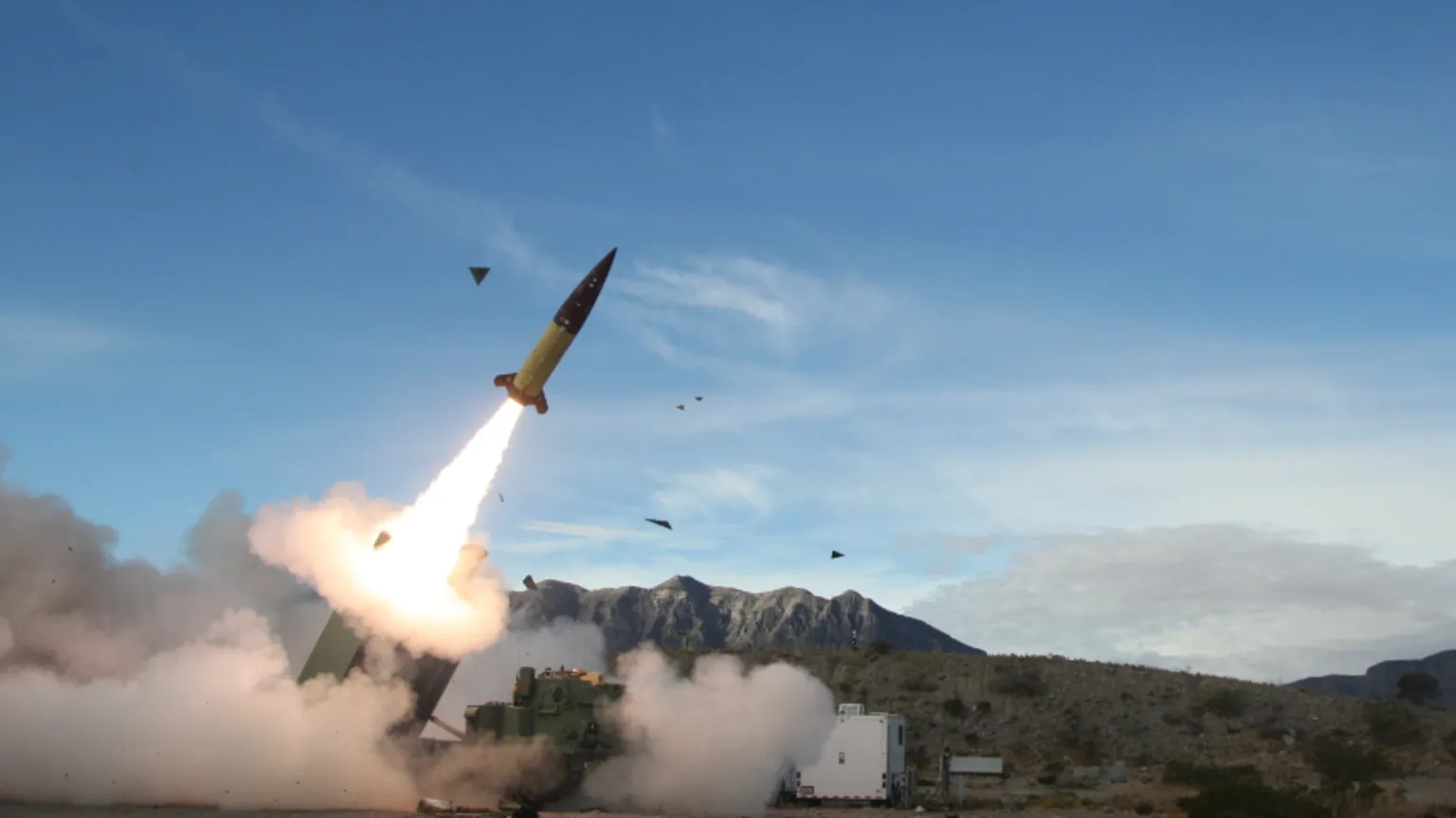US President Joe Biden has given the green light for Ukraine to use long-range missiles supplied by the US to strike Russia.
A US official has confirmed the move, a major change of US policy, to the BBC’s US partner CBS.
For months, Ukraine’s President Volodymyr Zelensky has been urging that the restrictions on the missiles, known as ATACMS, be lifted – allowing Kyiv to strike outside its own borders.
On Sunday he reacted to the reports, saying “such things are not announced, missiles speak for themselves”.
Russian President Vladimir Putin has previously warned Western nations against such a move, saying it would represent the Nato military alliance’s “direct participation” in the Ukraine war.
He was yet to comment on Sunday’s reports although other senior Kremlin politicians described it as a serious escalation.
Washington’s decision on ATACMS is couched in terms of being limited to the defence of Ukrainian forces inside Russia’s Kursk region, where Kyiv launched a surprise incursion in August.
In effect, the Biden administration is telling Ukraine that it will support its efforts to hold onto the small chunk of Russian territory it currently occupies, as a powerful bargaining chip for any possible negotiations in the future.
Serhiy Kuzan, chairman of the Kyiv-based Ukrainian Security and Cooperation Centre, told the BBC that Joe Biden’s decision was “very important” to the country.
“It’s not something that will change the course of the war, but I think it will make our forces more equal.”
ATACMS can reach up to 300km (186 miles). Unnamed US officials have told the New York Times and the Washington Post that Biden’s approval of Ukraine’s use of the ATACMS came in response to Russia’s decision to allow North Korean soldiers to fight in Ukraine.
Mr Kuzan said Sunday’s decision had come ahead of what was an expected assault by Russian and Korean troops, designed to dislodge Ukrainian forces from Russia’s Kursk region. The offensive was expected within days.
Ukraine had earlier estimated there to be 11,000 North Korean soldiers in Kursk.
President Biden’s decision will also finally enable Britain and France to grant Ukraine permission to use long-range Storm Shadow missiles inside Russia.
Neither the UK nor France has yet responded to Biden’s decision.
Last month, Zelensky confirmed that Ukraine had used US-supplied long-range missiles for the first time to strike Russian targets in the country’s east.
For months, Ukraine has been battling to push back Russian troops who have been slowly advancing in the eastern Donetsk region towards the key city of Pokrovsk – a major supply hub for Ukrainian forces.
Moscow has also massively increased its number of drone strikes on Ukraine. More than 2,000 were launched in October, according to Ukraine’s general staff – a record number in the war.
Overnight on Saturday, Russia launched what is thought to be biggest co-ordinated assault in months, killing at least 10 people. Around 120 missiles and 90 drones were launched, according to Zelensky.
Attacks continued on Sunday evening, with officials in Sumy region – near the Russian border – reporting another eight killed, including two children, after a missile hit a residential building.
Russian officials in the border region of Bryansk reported a Ukrainian drone attack on Sunday night but said its defences had shot down 26 drones.
Ukraine had for months argued that its allies had not provided the country with enough support to allow it to effectively defend itself.
Joe Biden, who will leave the White House in January, has been seeking to expedite further aid to Ukraine.
There are concerns that his successor, Donald Trump, will slow or halt any further support. He has described the military support as a drain on US resources and has signalled he will end the war, without explaining how this would happen.
The US has been the greatest supplier of arms to Ukraine. Between the start of the war and the end of June 2024, it delivered or committed to send weapons and equipment worth $55.5bn (£41.5bn), according to the Kiel Institute for the World Economy, a German research organisation.





